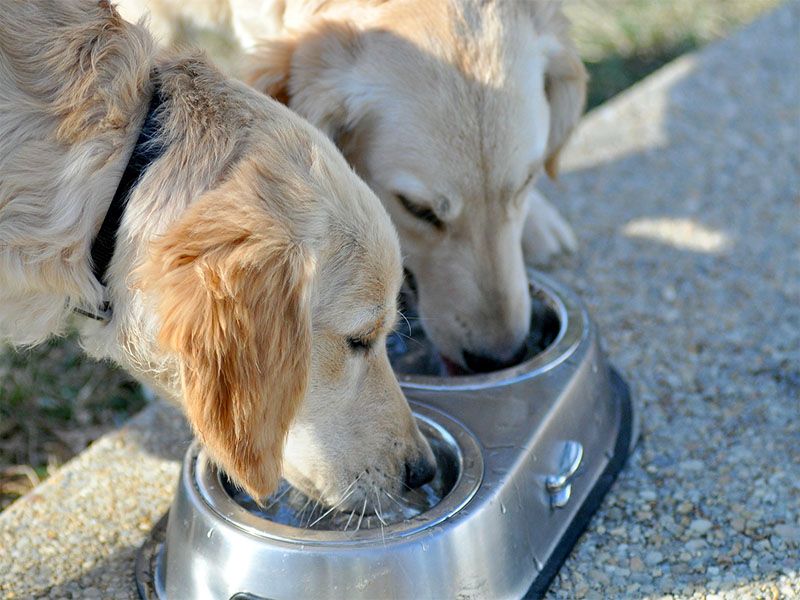
There is ongoing controversy about whether feeding raw pet food such as uncooked meat, internal organs, bones and cartilage puts people at risk.
Researchers at the University of Helsinki in Finland surveyed more than 16,000 households in 81 countries that feed their pets raw food. Only 39 households (0.24%) reported pet food-related infections in people in which the infection-causing pathogens were identified.
The most common pathogens were Campylobacter and Salmonella. There were also cases of E.coli, Clostridium, Toxoplasma and one Yersinia infection.
Another 24 (0.15%) of the households reported pet food-related infections in which pathogen wasn't identified.
Households had been feeding raw food to their pets on average for 5.5 years. Reported infections spanned the entire time that raw pet food was used in the household.
The findings surprised researcher Johanna Anturaniemi of the faculty of veterinary medicine.
"It was surprising to find that statistical analyses identified fewer infections in the households with more than 50% of the pet diet consisting of raw food. Furthermore, feeding pets raw salmon or turkey was associated with a smaller number of infections," she said in a university news release.
The median age of sickened people was about 40; half were older, half younger. In the 39 households where infections occurred and the pathogen was identified, four of the infected people were kids between 2 and 6 years of age. In two households, the infected people had weakened immune systems due to cancer and Crohn's disease.
A quarter of the 39 households had children between 2 and 6 years of age, and 15% had people with weakened immune systems.
"This raises the question of whether the pathogens could have been transmitted by children from outdoors, daycare centers or other public spaces, even if pet food had been assumed to be the source of infection," Anturaniemi said.
Source: University of Helsinki, news release, Sept. 6, 2019.







0 Comments